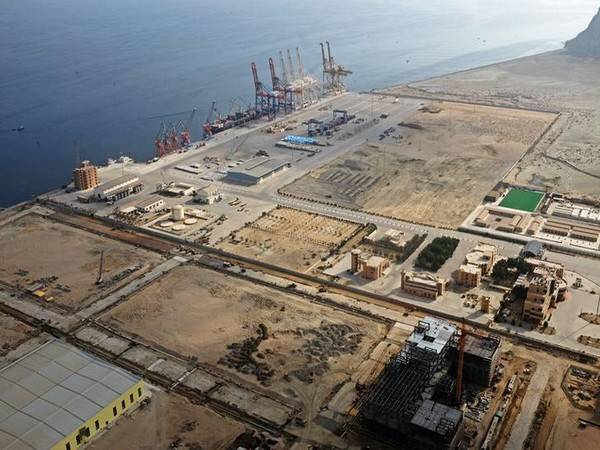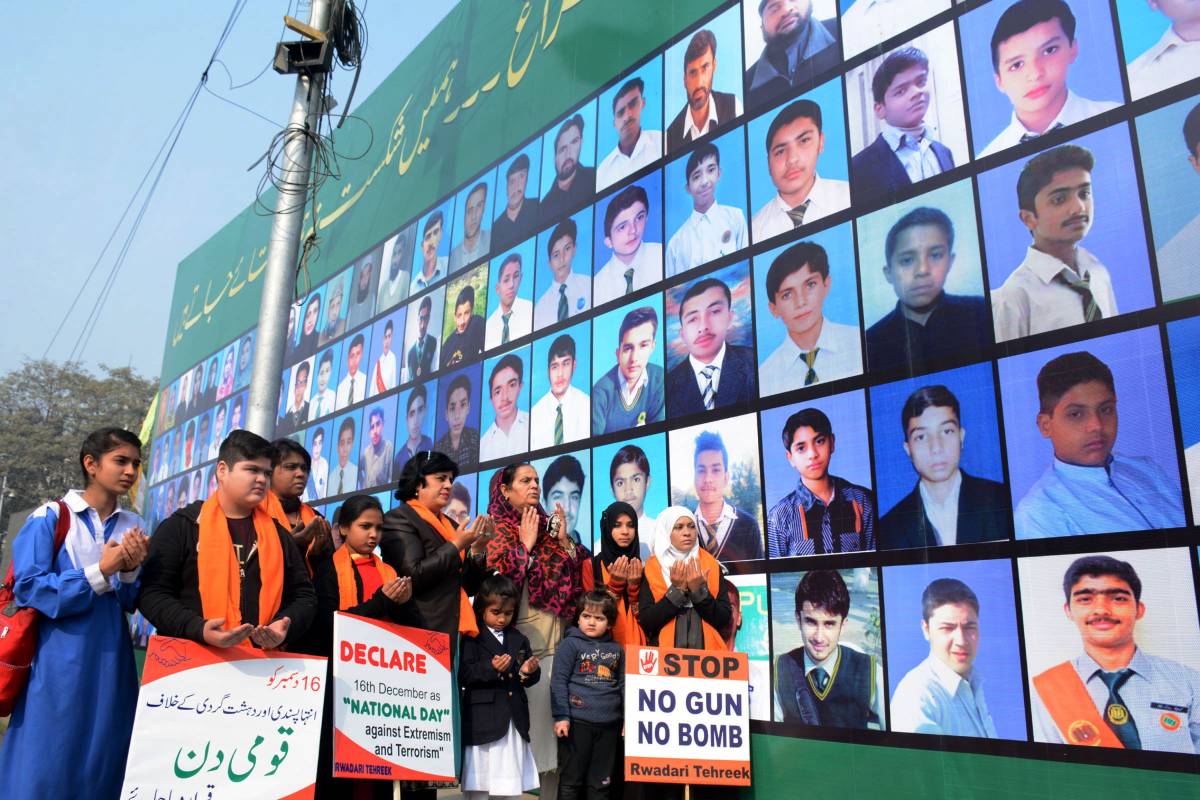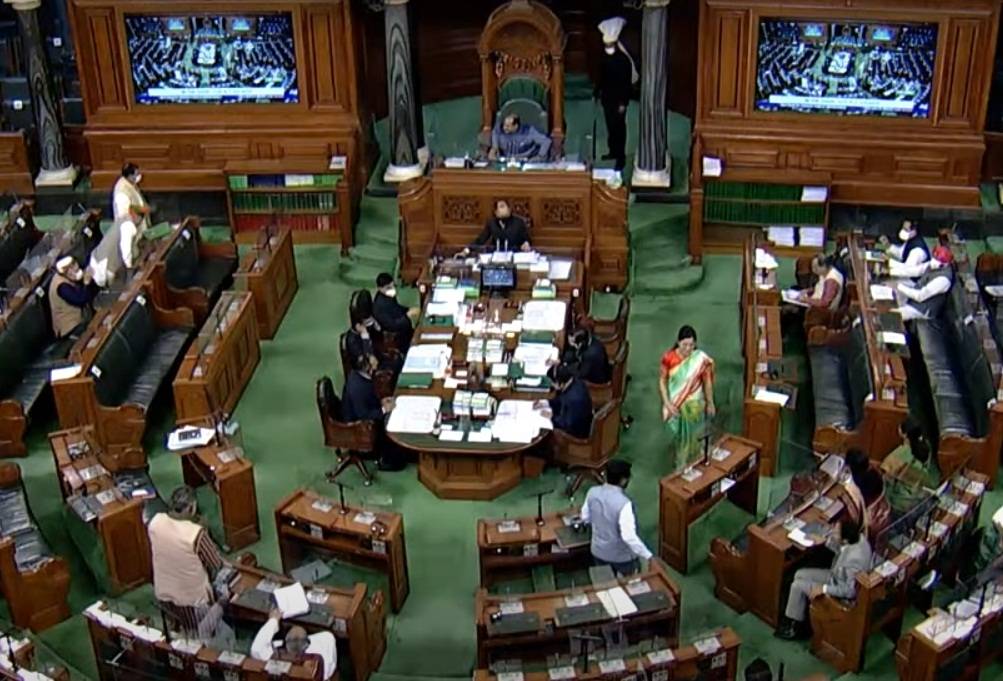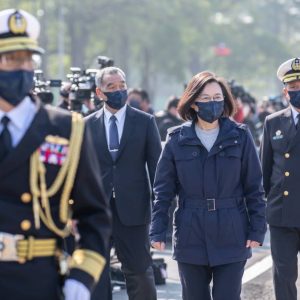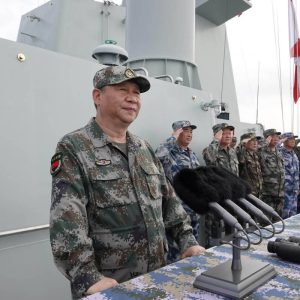With Pakistan unable to iron out systemic issues to allow smooth working of Chinese companies, and not in a position to honour its financial commitments, Beijing has slowed down investment on the flagship CPEC-part of its global Belt and Road Initiative (BRI)…writes Rahul Kumar
Pakistan is giving more time to China to build power plants, as key infrastructure projects-the icons of the mega China Pakistan Economic Corridor (CPEC) face big delays.
The timeline for five projects-Suki Kinari Hydropower Project, Karot Hydropower Project, Tel project at Thar block-II, Thal Nova Thar block-II and Thar block-I have been extended, says The Express Tribune.
The projects have a combined power producing capacity of 3,600 MW.
The fourth Pak-China Relations Steering Committee meeting, chaired by Planning Minister Asad Umar on Wednesday, took the decision to extend the deadline due to slowdown of work, covid-related delays and strikes.
The committee found that not just power projects, but even road projects have been delayed. Work on the Quetta-Zhob Road project had been halted under orders from the Islamabad High Court while the Karakoram Highway Thakot-Raikot also remained stopped.
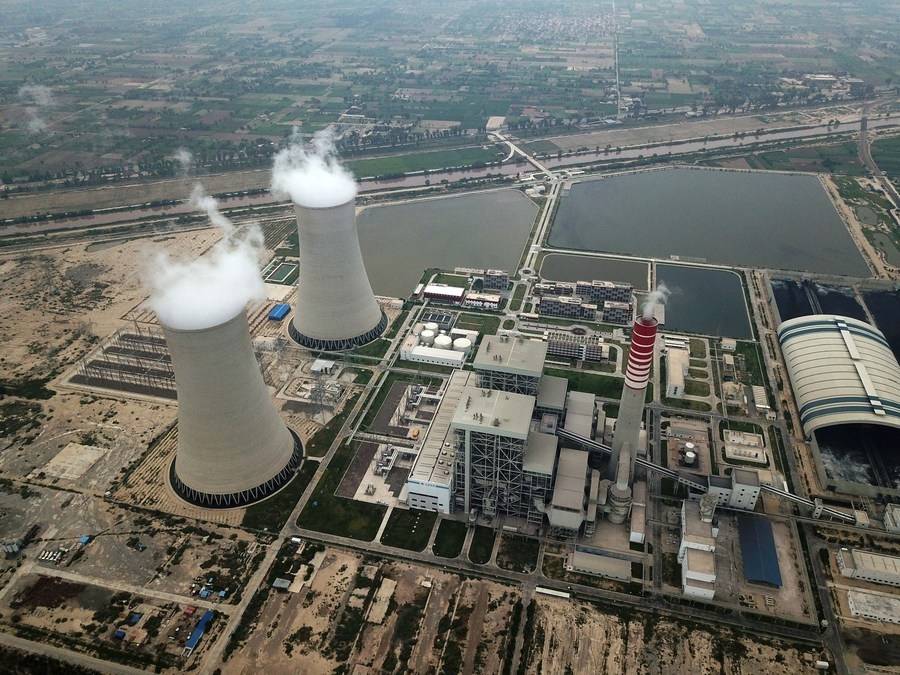
Other issues holding up CPEC projects include delays in visa processing for Chinese nationals. The committee said that Pakistan is holding up the visa applications of nearly 90,000 Chinese nationals. Chinese companies have told the Pakistan government that their employees should be provided work visas instead of business visas which lead to penalties and bans on Chinese citizens.
Individual Chinese companies have run into policy hurdles of different kinds. Many firms have paid for electricity and gas connections but have not received the services despite months of delay. Other companies have applied for allotment of land but have not been given clearance.
Despite an iron-clad partnership in almost all spheres of their relationship, the two allies face a multitude of challenges in implementing CPEC projects. The $62 billion CPEC includes power generation projects, road and rail networks, industrial parks, special economic zones as well as the construction of the multi-use Gwadar port in Balochistan.
China is also providing financing for the projects, which entails high interest rates and overhead charges that include debt servicing and guaranteed returns for Chinese companies. Pakistan has been unable to pay these extraordinarily high returns to Chinese companies complicating relations between the government and Chinese firms.
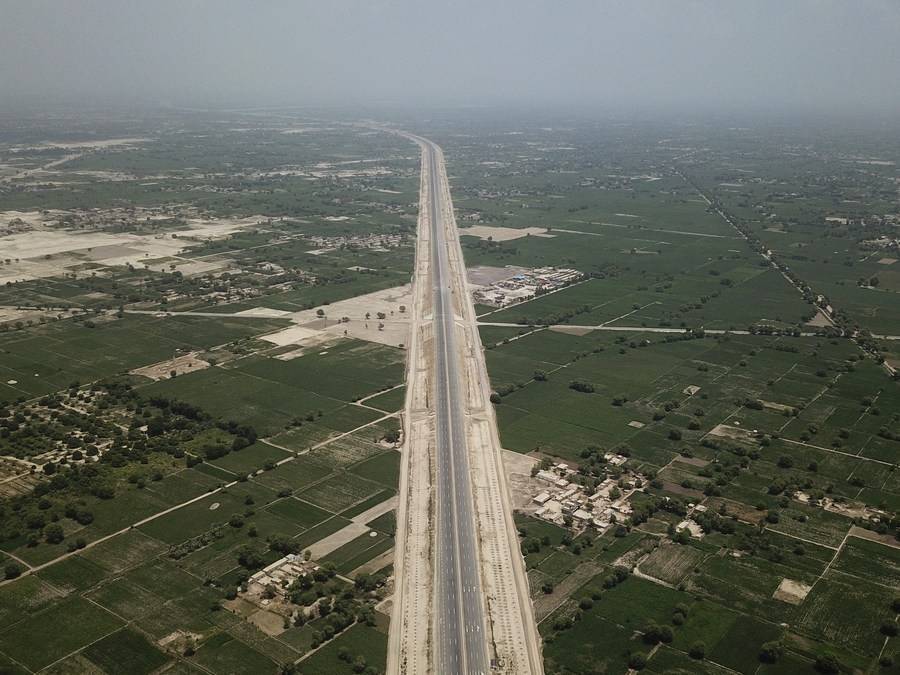
Another roadblock that Pakistan is unable to surmount is the non-payment of nearly $1.4 billion, equivalent of Rs 230 billion, to Chinese power companies for the electricity generated under CPEC projects. In September, Planning Minister Asad Umar had said that the government was looking at ways to clear $1.4 billion owed to the Chinese power producers.
That payment has not been made till now partly because Pakistan is unable to recover adequate dues from retail consumers. Also, Pakistan wants to renegotiate the terms of contract and guarantees with Chinese power companies as it finds these to be on the higher side.
With Pakistan unable to iron out systemic issues to allow smooth working of Chinese companies, and not in a position to honour its financial commitments, Beijing has slowed down investment on the flagship CPEC-part of its global Belt and Road Initiative (BRI).
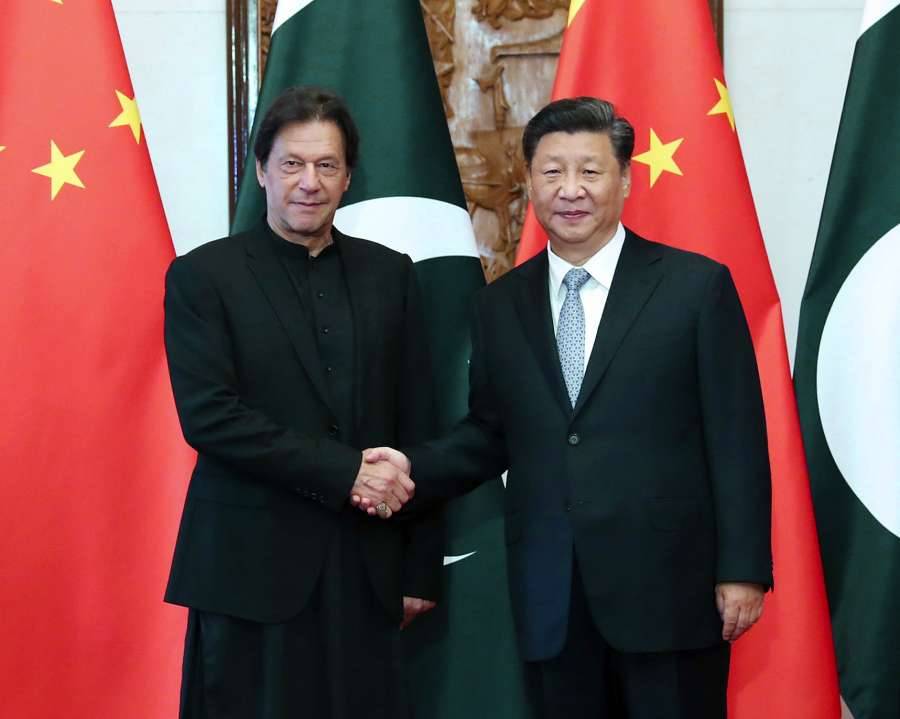
Other reasons for Beijing’s unhappiness include security. Chinese nationals have faced several attacks, including the targeting of Chinese ambassador Nong Rong in April at the Serena hotel in Balochistan’s capital Quetta. Chinese nationals told the BBC that they live in fear as they had to face attacks in many Pakistani cities.
Earlier this year, militants attacked a convoy of Chinese engineers, killing nine of them working on the Dasu hydropower project in Khyber Pakhtunkhwa, which gave another excuse to Chinese firms to stop work. Chinese firms want compensation for their dead employees, which has not been settled by Pakistan as yet.
Even though Pakistan is putting up a brave front on the CPEC projects, not all is well either on the projects or in the diplomatic domain. In November, Pakistan had requested China to restart work on the stalled CPEC projects, but there has been no response from China or its companies till now.
China seems to be in no mood to relent till Pakistan coughs up the money. With the Pakistani economy dwindling, the CPEC is beginning to look like a sinking ship for both Beijing and Islamabad.
(The content is being carried under an arrangement with indianarrative.com)


